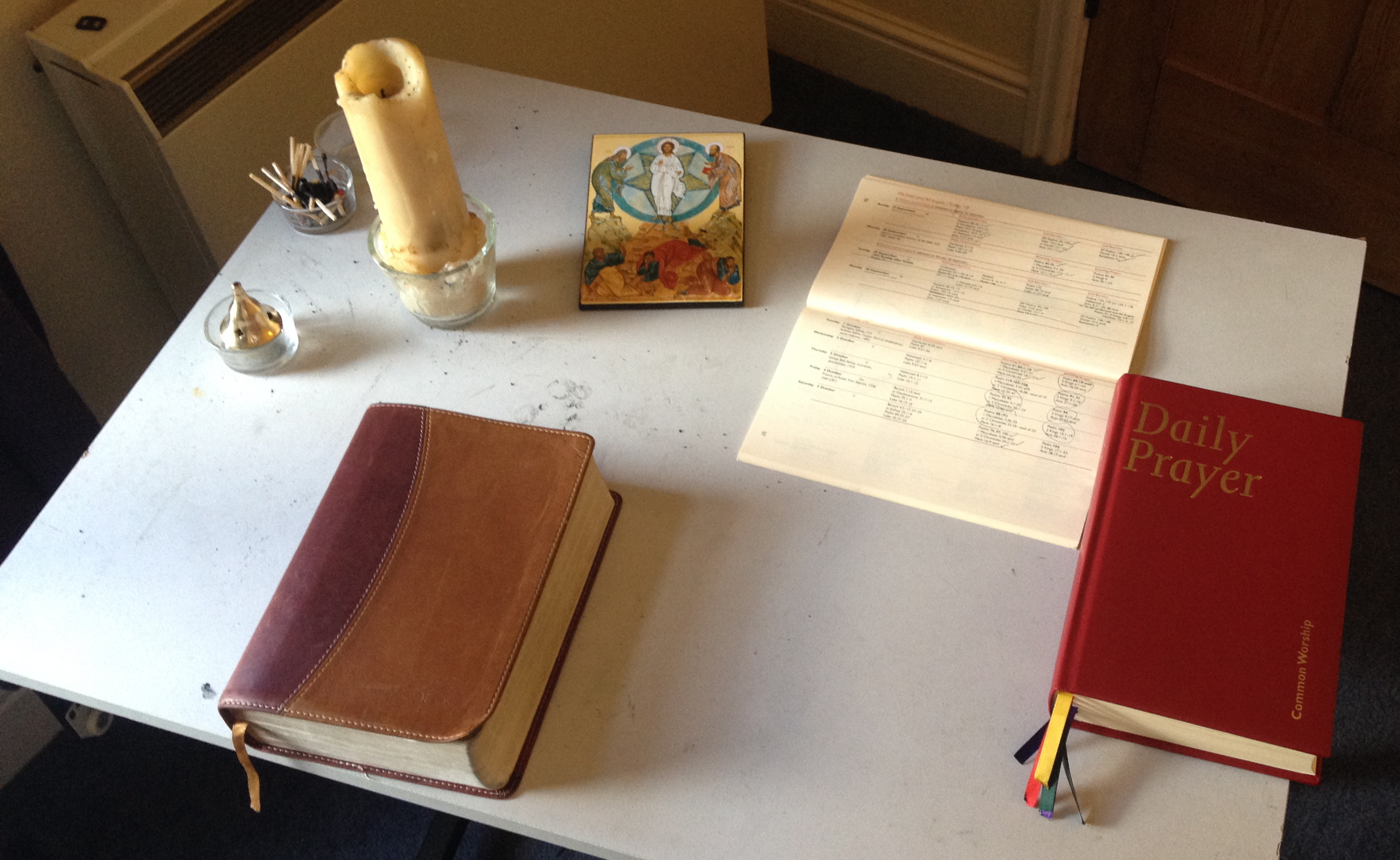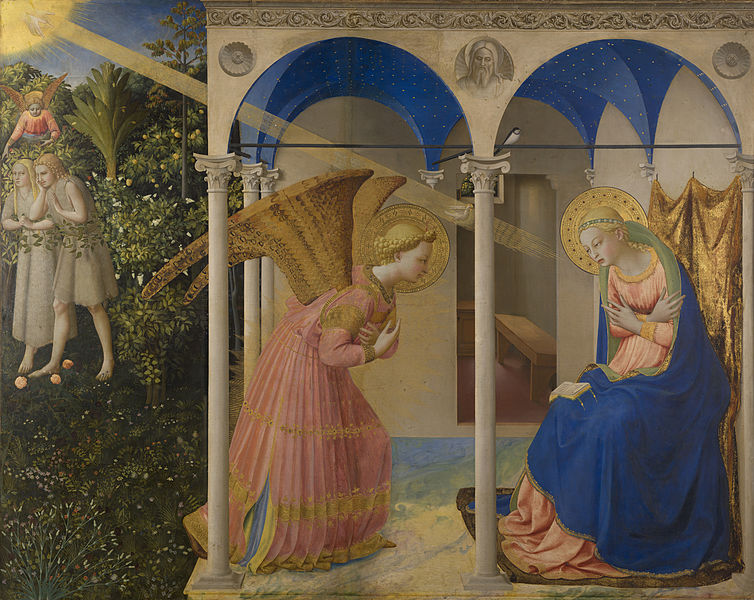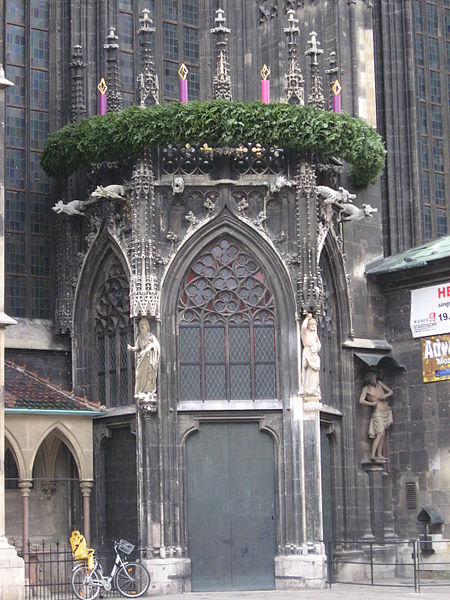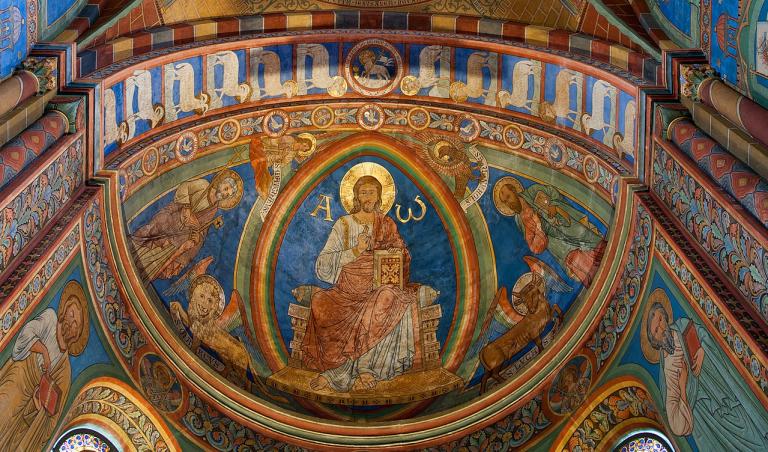David Russell Mosley

29 January 2014
On the Edge of Elfland
Beeston, Nottinghamshire
Dear Friends and Family,
A few weeks ago now at our church, St Nicholas (an Anglican church in the Church of England), our rector, Steve gave a sermon on Acts 2.42-3.10. The gist of the sermon (you can listen to the whole series here) is about our public impact as we attempt to live life together. At the end of the sermon, Steve enjoined us to start a conversation about how we could live differently. You see, Steve pointed out something I think often all too true. If you asked a Christian what Christians believe, they could give you some kind of answer. If, however, you asked them what do Christians do? They might have a much harder time answering that question.
There are, of course, many answers to this question of what Christians do and how we can live differently within our communities. The most obvious answers are perhaps social justice and evangelism. Feeding and caring for the poor, the oppressed, the widowed is an essential aspect of Christianity. In fact, in the passage Steve preached from, Peter and John, in healing the lame man, were doing an act of social justice that was also an act of evangelism. These two things are essential in any attempt to live in our world, but differently from it. However, there is another that I think often underplayed as an aspect of living differently.
I’ve written more about liturgy on this blog than almost any other topic, which is perhaps ironic since I do not come from a particularly liturgy affirming tradition. That being said, I want to suggest that liturgy is the other main way we can actively live differently within our societies. Consider how different it would look if on high feast days and high solemnities, like Christmas, Epiphany, Candlemas, Ash Wednesday, Holy Week, Easter, Pentecost, etc., we all went to church for a service and then had a feast (on the feast days). And not just go to church, what if we actually had day long events and did our best to get out of work for the day? What if we invited people over for Twelfth-Night? What if on Ash Wednesday we all showed up to work with an ashen cross on our foreheads?
What if we actually treated Sundays as the first day of the week and not simply the precursor to the Monday work week? What if the start of Advent was more important to us (as the start of the Church Calendar) than New Year’s Eve? What if all our churches offered at least Morning and Evening Prayer services so people could come and experience fixed hour prayer? What if we thought of time differently? What if our day was broken up into set times of prayer (whether following a set liturgy or praying on our own)?
I firmly believe that if we treated the Church Calendar, the week, and the day as the Church has understood them in centuries past as what is really real, as opposed to the way modern society has chosen to organise our time, we would stand out. Liturgy is more than a method, but I would suggest it is as important as social justice and evangelism for living differently in the world. You can look over some of my past posts to see why I think this is, but ultimately, it is because I think God upholds every minute of every day and liturgy helps to live within such a rhythmic way as makes this reality known.
Sincerely yours,
David Russell Mosley











